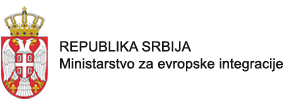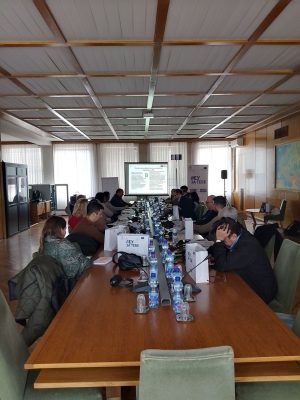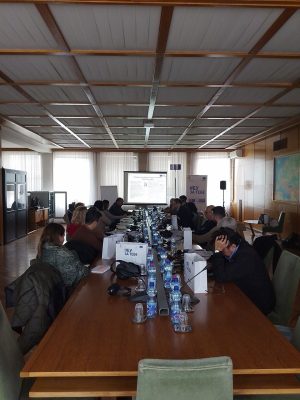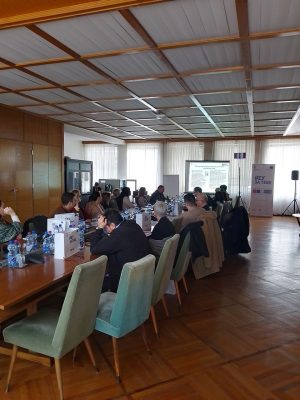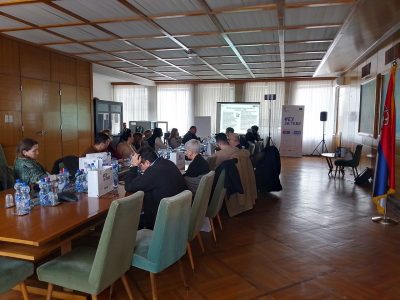Proposal of improved legislation on medical and pharmaceutical waste management
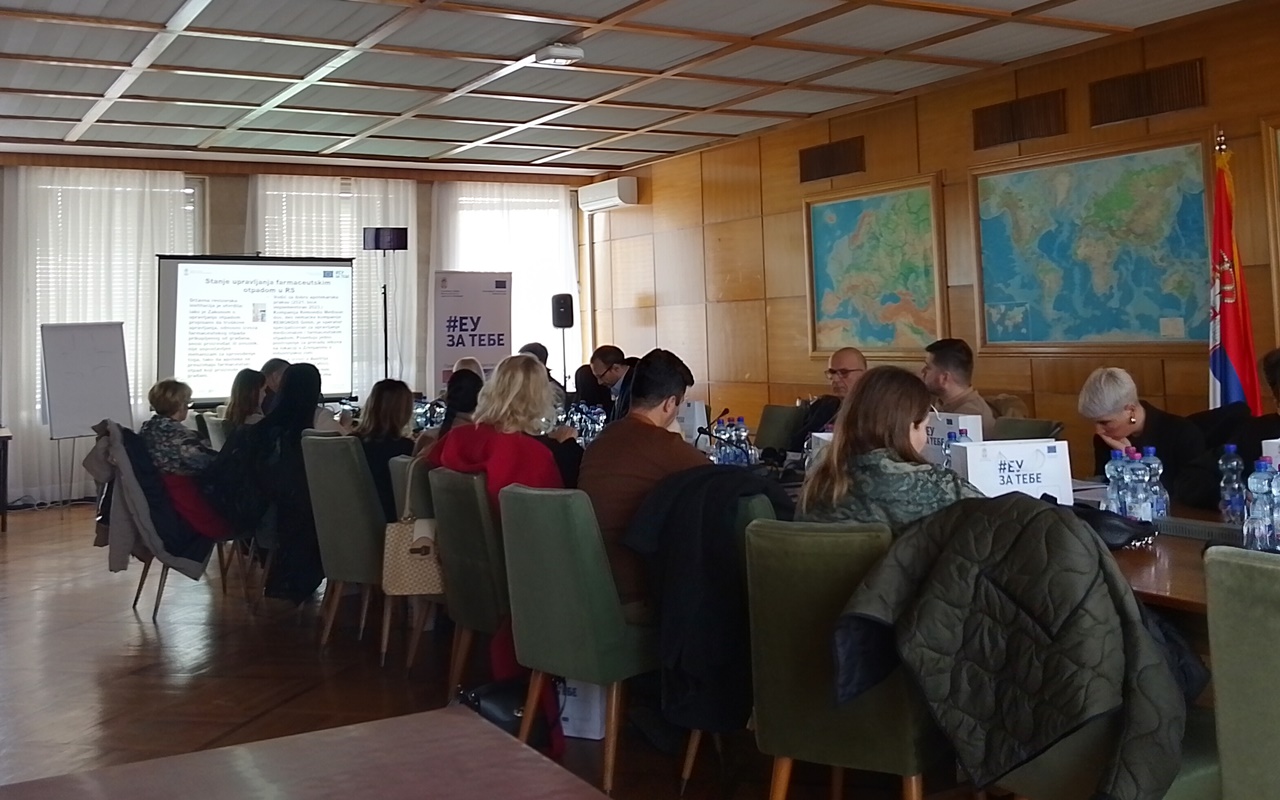
The PLAC III project has provided support to the Ministry of Environmental Protection in the development of an improved legislative framework in the field of medical and pharmaceutical waste management, in order to comply with the requirements of relevant Union acquis.
According to the European Commission 2022 Country Report, Serbia has achieved a certain degree of progress in Negotiating Chapter 27, but it is necessary to speed up the implementation of the acquis, in particular as regards waste prevention, waste reduction, waste separation, separate collection and waste recycling and extended producer responsibility.
In the EU Common Position, after Serbia submitted its negotiating position for Chapter 27 in January 2022, the Union invited Serbia to prepare waste management plans that will contain information on all waste streams, including hazardous waste, as well as to create an inventory of the accumulated hazardous waste and create a register of polluters.
At the beginning of 2022, Serbia adopted the national waste management programme for the period 2022-2031. General provisions on medical waste are defined in the Law on Waste Management, where medical waste (together with pharmaceutical one) is separated as a special type of waste. The provisions are implemented through two by-laws – the Rulebook on Waste Management and the Rulebook on the Manner and Procedures for Pharmaceutical Waste Management.
The project has provided support to the line ministry in conducting a legal and institutional gap analysis of national provisions governing medical and pharmaceutical waste management against the requirements of the WFD, as well as in drafting
amendments to two existing by-laws. The Directive prohibits the mixing of hazardous medical and pharmaceutical waste (which is listed in Annex 3 of the Directive) with other waste streams, as well as the disposal of such waste in landfills if it is infectious. It is recommended to the Member States that the Extended Producer Responsibility (EPR) scheme be implemented for all legal and natural persons in the process of generating that waste.
At the workshop held on November 24, project experts Vitautas Vrubliauskas and Vladica Čudić presented the results of the legal gap analysis, as well as the results of the analysis of reporting in Serbia on this type of waste, with recommendations for upgrading.
As stated by Vrubliauskas, institutions that generate or dispose of waste from health institutions should appoint an officer responsible for waste management, then classify the waste into groups with similar properties and enable separation at the source. He presented a proposal for amendments to the Rulebook on waste management, as well a set of new articles that provide for the introduction of the audit process, and give the responsibility for monitoring to the Ministry of Health and the Environmental Protection Agency (SEPA).
Čudić analysed the state of reporting and data quality for medical and pharmaceutical waste streams. She said that medical institutions in Serbia annually produce up to 5,000 tons of medical waste, of which a fifth is hazardous waste. Although the Law on Waste Management stipulates that the costs of management, i.e. export of pharmaceutical waste collected from citizens, are borne by the manufacturer or importer, no mechanism has been established for this, so pharmacies do not accept pharmaceutical waste from citizens. Most healthcare institutions have not given a consent to medical waste management plans. Of the 6,969 registered health institutions, only 21% submitted to SEPA data on the amount of infectious medical waste produced in 2021. The measures she propose foresee that SEPA is obliged to submit data to the competent inspection authority on health and veterinary institutions that do not submit data on the waste produced, as well as that SEPA should be responsible for coordination in order to ensure more efficient supervision over the management of medical and pharmaceutical waste.
The workshop was attended by employees of the Ministry of Environmental Protection.
Relevant Union acquis:
- Waste Framework Directive 2008/98/EC
Foto galerija:
Recent Posts

Notice
9. April 2024.

The fourth project brochure published
29. March 2024.

The last meeting of the Steering Committee
28. March 2024.
Negotiation chapters
- Chapter 1: Free movement of goods
- Chapter 3: Right of establishment and freedom to provide services
- Chapter 8: Competition policy
- Chapter 9: Financial services
- Chapter 10: Information society and media
- Chapter 11: Agriculture and rural development
- Chapter 12: Food safety, veterinary and phytosanitary policy
- Chapter 13: Fisheries
- Chapter 15: Energy
- Chapter 16: Taxation
- Chapter 27: Environment
- Chapter 28: Consumer and health protection
- Chapter 32: Financial control
- Chapter 33: Financial and budgetary provisions
